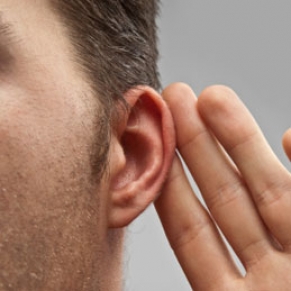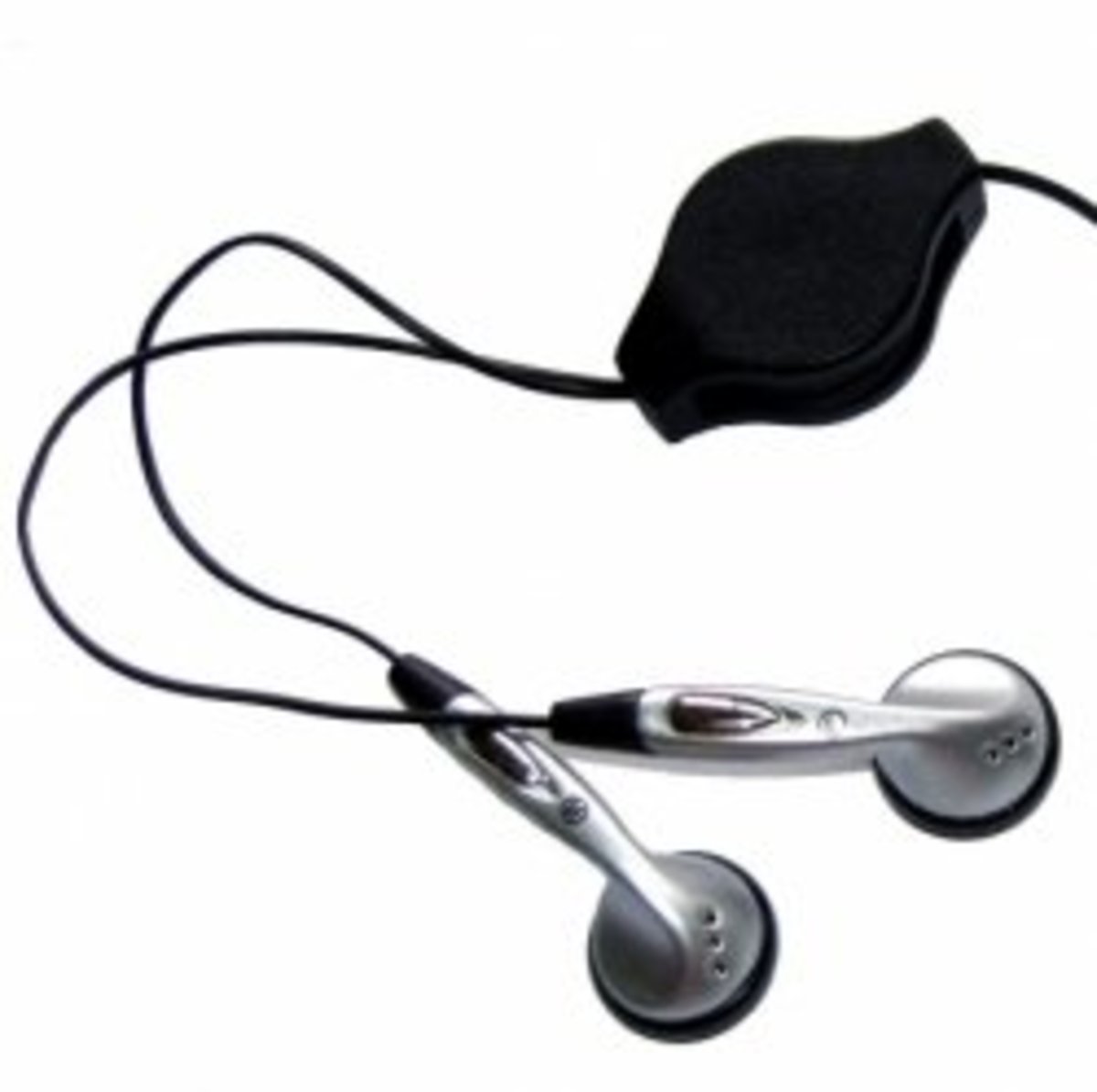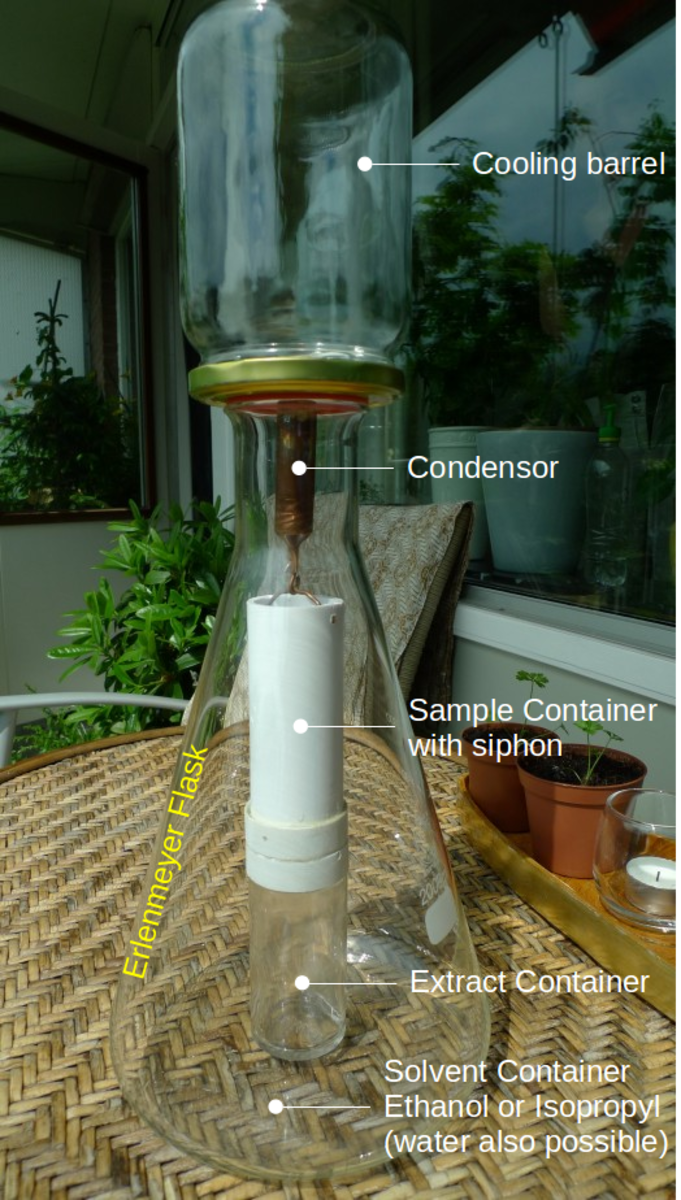Does Music Cause Hearing Loss?

These days with the availability of music and prominence of portable listening devices, people often wonder if they are more likely to induce a loss of hearing. What people may not realize though, is that even before headphones became commonplace, we have always been exposed to loud noises that way may not even have considered damaging to our ears. Whether it's the sound of an airplane, lawnmower, vacuum, or simply background noise at a party, we are constantly exposed to sounds at varying levels. In a nutshell, human ears can for the most part withstand a certain level of noise without causing any damage to hearing. This means that for the general population, the music that they are listening to is not really causing them any harm. With that being said, there are 2 factors that determine if and how much hearing loss will be induced:
- Intensity of the sound
- Duration of the sound
Intensity
The intensity of sound is measured in dB, which stand for decibels. Obviously, the louder the decibels, the more damage is done to your ears. The human ear is capable of listening to about 85dB of sound intensity without causing any sort of damage. While this is true for most people, it may be slightly off for certain people who have higher or lower sensitivity to sound, which is mostly based on genetics. This means that you can listen to any sound that is less than 85dB for however long and it won't cause any sort of damage to your ears. However, the higher you go, the quicker the hearing loss occurs.
Another thing to note about decibels is that the measurement isn't linear. What this means is 80dB is not double the intensity of 40dB, it is in fact much louder. In fact, 85dB, the level at which hearing loss occurs, is doubled in only 3 more decibels (88). Here are some decibel levels of common noises we are exposed to:
- Relaxed Breathing - 10dB
- Whisper - 20dB
- Refrigerator - 40dB
- City Traffic - 80dB
- Vacuum Cleaner - 80dB
- Lawn Mower - 90dB
- Amplified Music - 110dB
- Fireworks - 140dB
You may be thinking, wait a minute, so every time I mow my lawn or hear fireworks I'm causing damage to my ears!? Not quite. These measurements were taken right at the source of the sound, meaning if you were to be in the sky right beside the explosion of the fireworks, or if you had your ear right beside the motor of a lawnmower; which is most likely not going to be the case. You are far enough from fireworks for them to not cause any sort of damage to your ears. With the lawnmower however, another factor comes into play, which is duration.
Duration
The amount of time you are expose to a loud sound is another key factor that determines damage to your ears. In the case of the lawnmower, even if it is 90dB, you are not standing right beside the motor. Let's assume the amount of sound that reaches you is about 85dB, just enough to cause hearing loss. Does this mean that every time you mow your lawn you're going to damage your hearing? Not quite, only if you take around 8 hours to mow your lawn. At that intensity, our ears can put up with the noise for quite a while before they start to suffer. It's safe to say that you will not be mowing your lawn for 8 hours a day, so you'll be fine.
As mentioned earlier, the louder the sound gets, the less time your ears can put up with the noise. It is generally accept that if you double the intensity of the sound, your ears can only handle it for half the amount of time. For example, if you can mow your lawn at 85dB for 8 hours, you can only do an activity of 88dB (double the volume) for 4 hours; without causing any sort of damage to your ears. Anything over 90dB and you start to damage your ears very fast. This means at a rock concert or a club, assuming you are standing near the source of the volume, you will be incurring hearing loss.
Does listening to music cause hearing loss?
While there isn't any solid data as to what decibel range the average mp3 player or iPod potentially can output, it's assumed that most can at maximum volume go over 100dB. It also depends on the sort of headphones that you use, as some can amplify the sound even further while others cancel background noise so that you may listen at a lower volume.
If you want to always be on the safe said, it's suggested that you don't go over 50-60% of the maximum volume. At this level, you can pretty much listen to music all day without causing any hearing loss. Remember, there are a lot of factors that play into the intensity of the sounds emitted from portable music devices, so to guarantee you don't cause any damage, 50% would be best. Anything above 75% maximum volume would be pushing it. If you listen to your iPod at that level for around 2 hours you should be perfectly fine, but anything beyond that and you will start to get hearing loss.
If I've already damaged my ears they can't get worse right?
Wrong. It's never too late. Chances are you most likely have caused yourself some loss of hearing, these days everyone has. Firstly, it's probably not that drastic. Unless you've actually been blasting your ears every day for the past 5 years or more, and somehow incur any pain whilst doing it, you have hope. Don't keep listening to music loud because hearing loss is accumulative. This means that loud music will keep damaging your ears, it doesn't stop after a certain extent.
You can start gradually reducing the volume you're listening to. Eventually, your ears will adjust to that volume level. At first you may feel like its too low and you can't enjoy your music as much, but eventually as your ears get more accustomed to the sound you'll be much better off and realize that you can enjoy your music at a lower volume. If music is really worth that much to you, you should invest in noise cancelling headphones. They can be fairly pricy, but in the long run they do you a lot of good.
Should you completely avoid loud music altogether? No, just take precautions. At rock concerts, definitely wear ear plugs. When you're at a club, don't stand right next to the sound system. Every now and then you can enjoy listening to loud music, whether it's through headphones or you feel like blasting it in your car, but don't let it become a habit. When it all comes down to it, there's one simple thing you have to remember about music and hearing loss. At a lower volume, you can listen to it as long as you want. At a higher volume, you can only listen to it for a short time before damage to your ears begins. If you must, find amiddle-ground, and you should be good.





